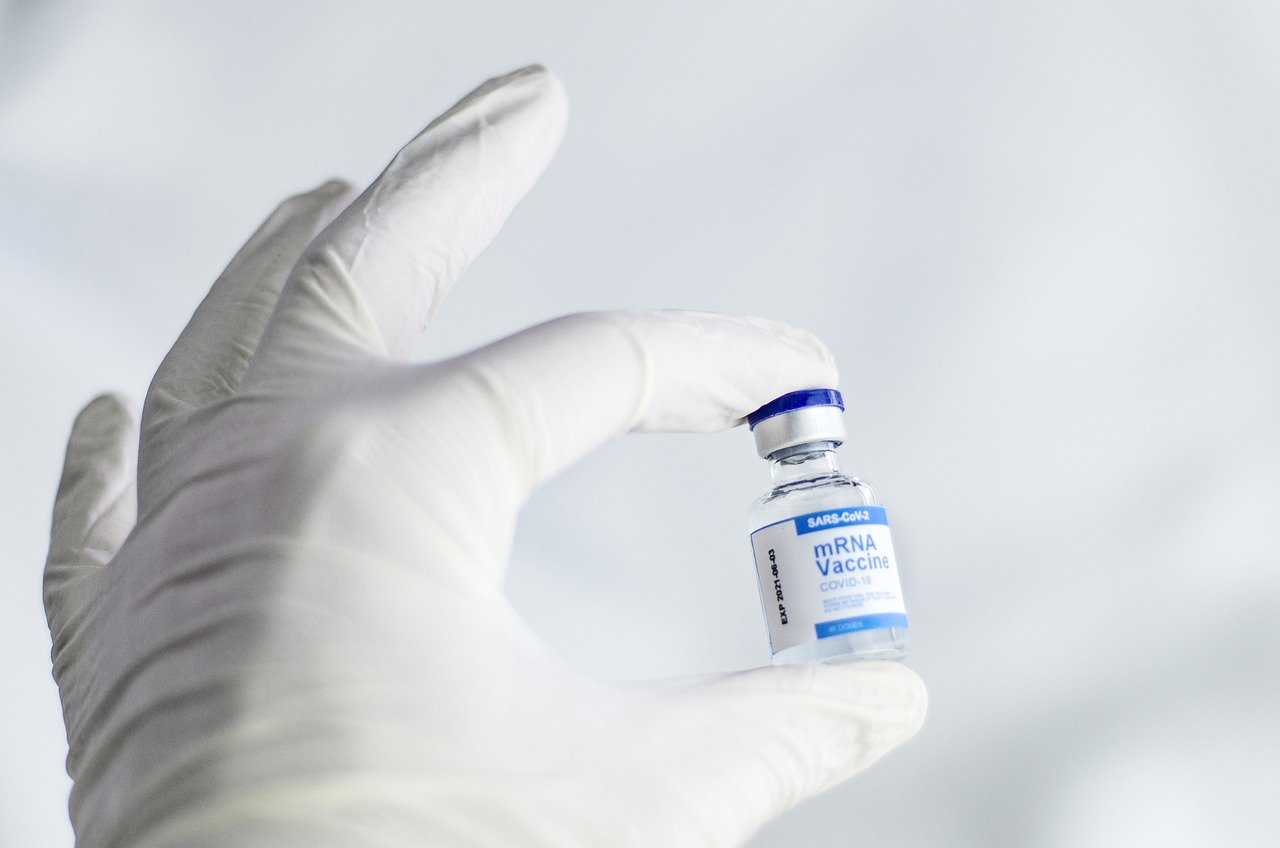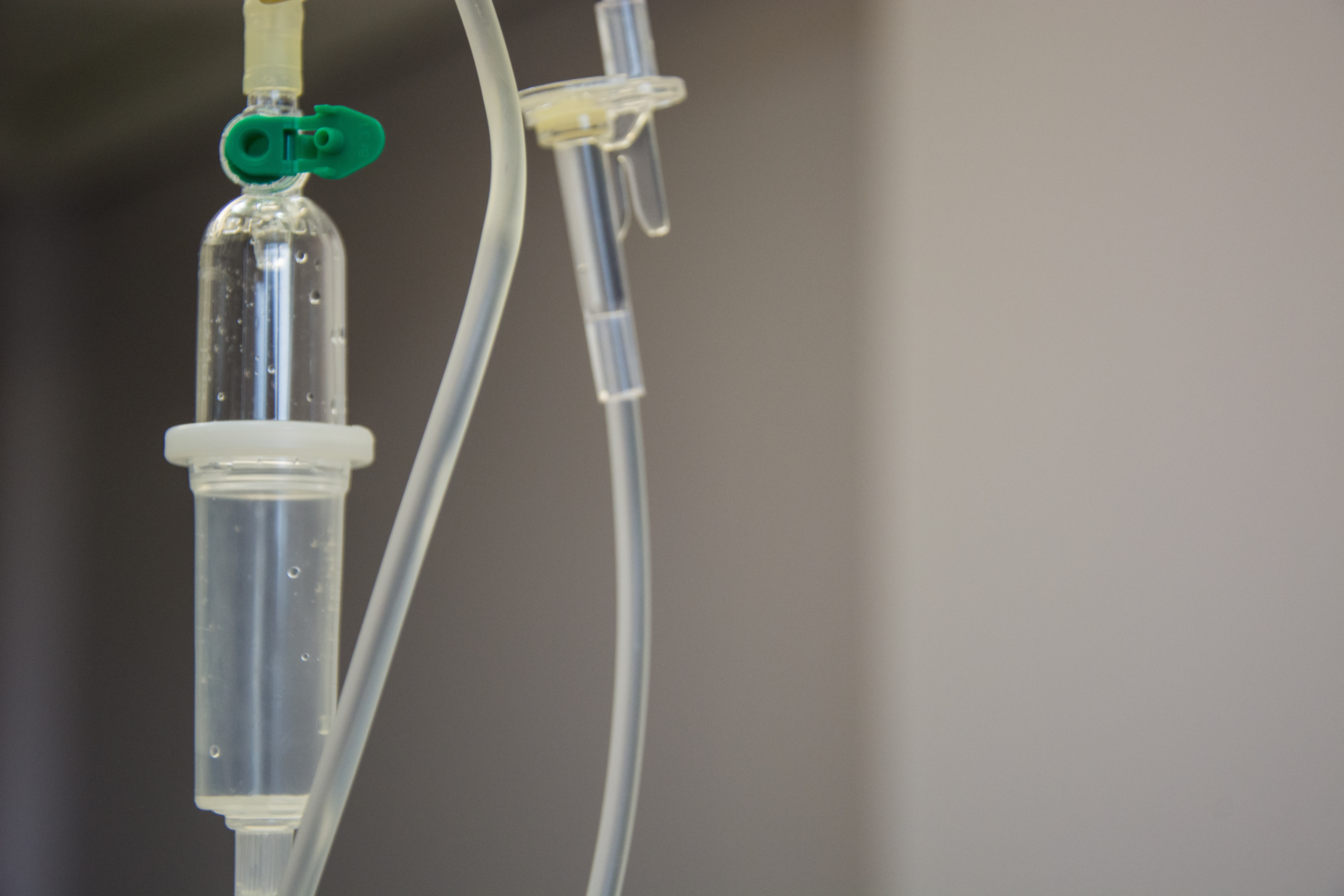Are you being treated with a disease-modifying therapy (DMT) and wondering how it might impact the efficacy of an mRNA-based COVID-19 vaccine? If so, a recent study may provide some clarity.
The study, published in Therapeutic Advances in Neurological Disorders, looked at 125 MS patients either being treated with Mavenclad (cladribine), Ocrevus (ocrelizumab), or Gilenya (fingolimod), or no DMT. A control group of healthy people also was included.
Study participants were tested 4.5 to 6.5 weeks after receiving a second shot of the Pfizer-BioNTech COVID-19 vaccine. The difference in how well the vaccine protected members of each group was dramatic.
DMTs react differently to the COVID-19 vaccine
The goal of the Pfizer-BioNTech COVID-19 vaccine and others like it is to generate a robust amount of antibodies in the bloodstream to protect against SARS-CoV-2, the coronavirus that causes COVID-19. But the goal of many DMTs, on the other hand, is to modulate, or reduce activity in, the immune system. So, there can be a conflict between what the two medications are trying to achieve.
In this study, conducted by researchers at Israel’s Sheba Medical Center, immunity to SARS CoV-2 was achieved in 97.9% of the healthy people, and in 100% of patients with MS who were not being treated with a DMT. Patients being treated with Mavendlad also achieved 100% protective immunity.
At the other end of the scale were those being treated with Ocrevus or Gilenya. Only 22.7% and 3.8% of them, respectively, developed protective antibodies to SARS-CoV-2.
Why is this?
The researchers suggested a couple of reasons for the poor response of Ocrevus and Gylenia. First, they noted that other research has determined that MS patients treated with these two DMTs have poor responses to other vaccines in general, including seasonal flu and tetanus vaccines.
They also believe that the low response of patients on Gilenya may have been because that DMT is designed to lower a patient’s lymphocyte count, which creates a greater hurdle for the COVID-19 vaccine to overcome.
According to the study, Ocevus depletes naive and memory B lymphocytes, which are the cells responsible for generating antibodies. And with treatment every six months, Ocrevus continues to knock the lymphocytes down. As with Gylenia, this depletion likely reduces the ability of the COVID-19 vaccine to do its job, which makes it difficult to schedule a vaccination without interrupting the Ocrevus treatment schedule.
The researchers didn’t test other high-efficacy DMTs, such as Lemtrada (alemtuzumab), nor did they research other COVID-19 vaccines. I’ve been treated with Lemtrada and received the Moderna vaccine, and I’d very much like to know whether my DMT affected the vaccine’s efficacy.
Recommendations
The researchers recommend postponing Ocrevus treatment in MS patients willing to be vaccinated “as a protective humoral response can be expected only in some.”
They recommended against vaccinating patients being treated with Gylenia.
Doctors at the National Multiple Sclerosis Society (NMSS) see things a bit differently. Experts there stated that, “Some DMTs may make the [COVID-19] vaccine less effective but it will still provide some protection. For those taking Kesimpta, Lemtrada, Ocrevus, or Rituxan—you may consider coordinating the timing of your vaccine with the timing of your DMT dose.”
My opinion is you should consult your neurologist and discuss receiving a COVID-19 vaccine no matter what DMT you take. As the NMSS noted, even if your DMT significantly reduces the vaccine’s efficacy, some protection is better than none.
What do you think?
(A version of this post first appeared as my column on the MS News Today website.)
(Featured image by Spencer Davis from Pixabay.)



